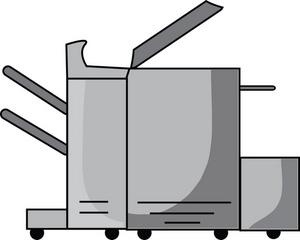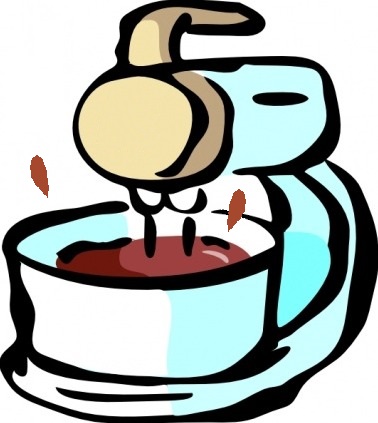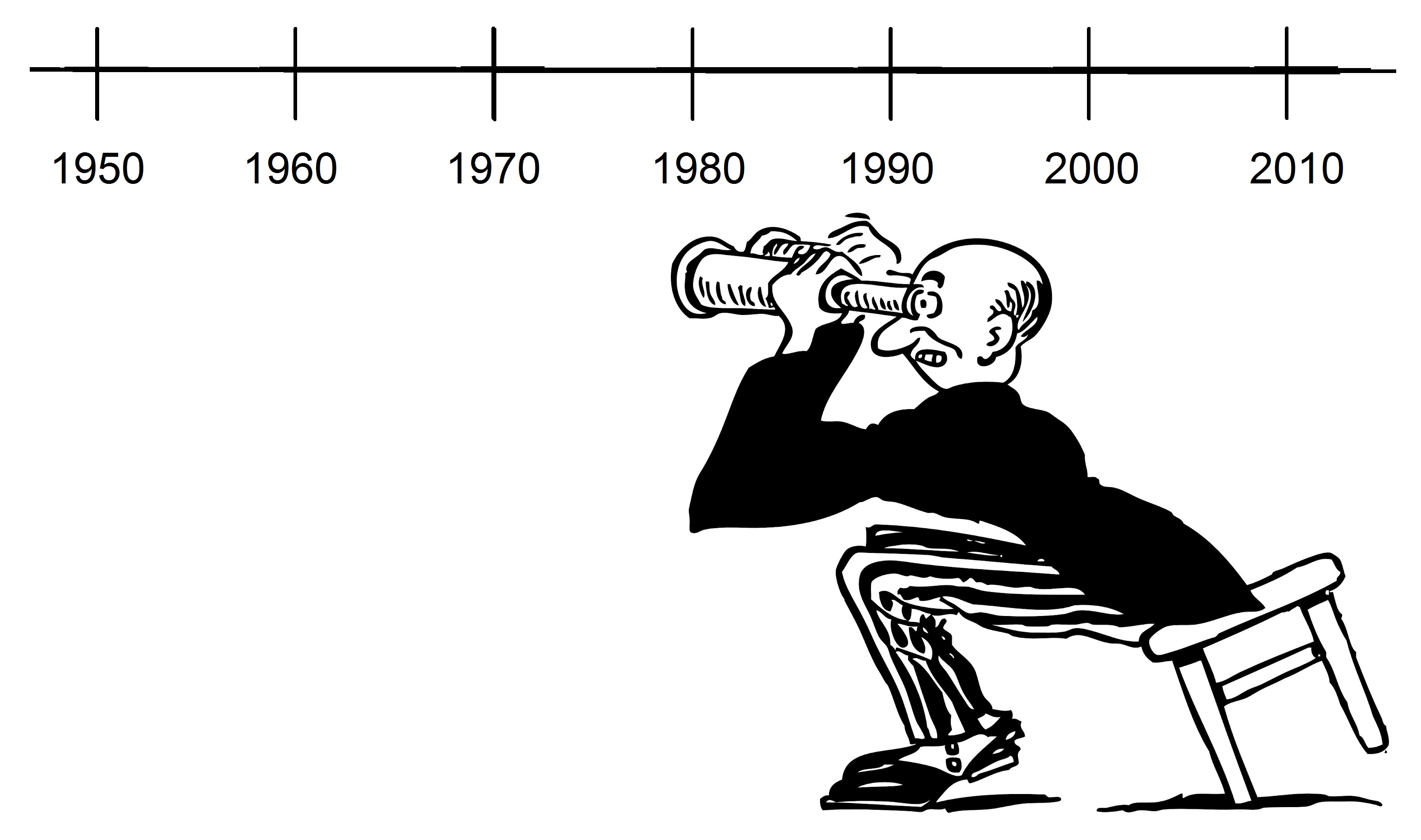Some time ago I stated there were two types of great writers—pioneers and giants. What about all the writers who aren’t great? Today I’ll expand on my pioneer/giant idea and discuss seven types of writers, as they apply to genre fiction. I’m not going to list any authors here, but I’ll bet certain names will come to mind as you peruse each type below.
 1. Pioneers. These are writers who start a new genre of fiction by themselves. They discover it. They often have difficulty finding a publisher initially, since the publisher doesn’t know what to make of a book that doesn’t fit established categories. Such authors may never be known for the quality of their writing, but will always be remembered as the first to discover a genre.
1. Pioneers. These are writers who start a new genre of fiction by themselves. They discover it. They often have difficulty finding a publisher initially, since the publisher doesn’t know what to make of a book that doesn’t fit established categories. Such authors may never be known for the quality of their writing, but will always be remembered as the first to discover a genre.
 2. Copiers. Authors in this category pretty much follow in the footsteps of the Pioneers. They recognize a new, ripe genre and suspect it might appeal to readers; they don’t stray from ground already trod by earlier writers. Their books need not be outstanding, just available right away, and designed to appeal to readers hungry for that genre.
2. Copiers. Authors in this category pretty much follow in the footsteps of the Pioneers. They recognize a new, ripe genre and suspect it might appeal to readers; they don’t stray from ground already trod by earlier writers. Their books need not be outstanding, just available right away, and designed to appeal to readers hungry for that genre.
 3. Formulists. This type overlaps Copiers a bit, and consists of writers who use a standard plot and only a few basic character types, and stick with them in novel after novel. Sometimes Formulists develop these models on their own, and sometimes they pick up formulaic plots and archetypal characters from others. Often such authors can develop a loyal following that remains with them.
3. Formulists. This type overlaps Copiers a bit, and consists of writers who use a standard plot and only a few basic character types, and stick with them in novel after novel. Sometimes Formulists develop these models on their own, and sometimes they pick up formulaic plots and archetypal characters from others. Often such authors can develop a loyal following that remains with them.
 4. Surveyors. While the Copiers and Formulists ply their craft along well-traveled paths, the Surveyors are interested in exploring the far reaches of the genre. They look to the boundaries, experimenting with stories that barely fit within the genre’s borders.
4. Surveyors. While the Copiers and Formulists ply their craft along well-traveled paths, the Surveyors are interested in exploring the far reaches of the genre. They look to the boundaries, experimenting with stories that barely fit within the genre’s borders.
 5. Giants. These are authors of great skill who begin writing in an established genre and make it even more popular. It is these authors whom we look back on and identify them with the genre itself.
5. Giants. These are authors of great skill who begin writing in an established genre and make it even more popular. It is these authors whom we look back on and identify them with the genre itself.
 6. Combiners. After a genre is well-established and explored, and perhaps starting to get a bit stale, Combiners come along to mix the genre with other genres. Such books can take the form of mashups and be intended as humorous. It’s possible for Combiners to end up creating new subgenres.
6. Combiners. After a genre is well-established and explored, and perhaps starting to get a bit stale, Combiners come along to mix the genre with other genres. Such books can take the form of mashups and be intended as humorous. It’s possible for Combiners to end up creating new subgenres.
 7. Nostalgists. Some genres eventually run their course and die out, or at least trail off to a minimum. Westerns seem to be headed this way. Nostalgists can come along with books that harken back to the dying genre, attempting to revive it, perhaps with new twists.
7. Nostalgists. Some genres eventually run their course and die out, or at least trail off to a minimum. Westerns seem to be headed this way. Nostalgists can come along with books that harken back to the dying genre, attempting to revive it, perhaps with new twists.
I don’t mean to imply there’s anything wrong with any of these types of writers. All are legitimate. There’s room in the various genres for each of them, and they can all make money.
Which type of writer, you’re asking, am I? At first I dabbled in various genres, responding to my muse’s whisperings. Lately it seems I’ve written mainly in the Alternate History subgenre, and my stories focus on people’s interactions with technology. I’d have to say I’m more of a Copier than any of the other types. Maybe most authors are of that type.
My turn: which type of writer are you, or which do you aspire to become? In my listing, did I miss any types? Leave a comment for—
Poseidon’s Scribe
